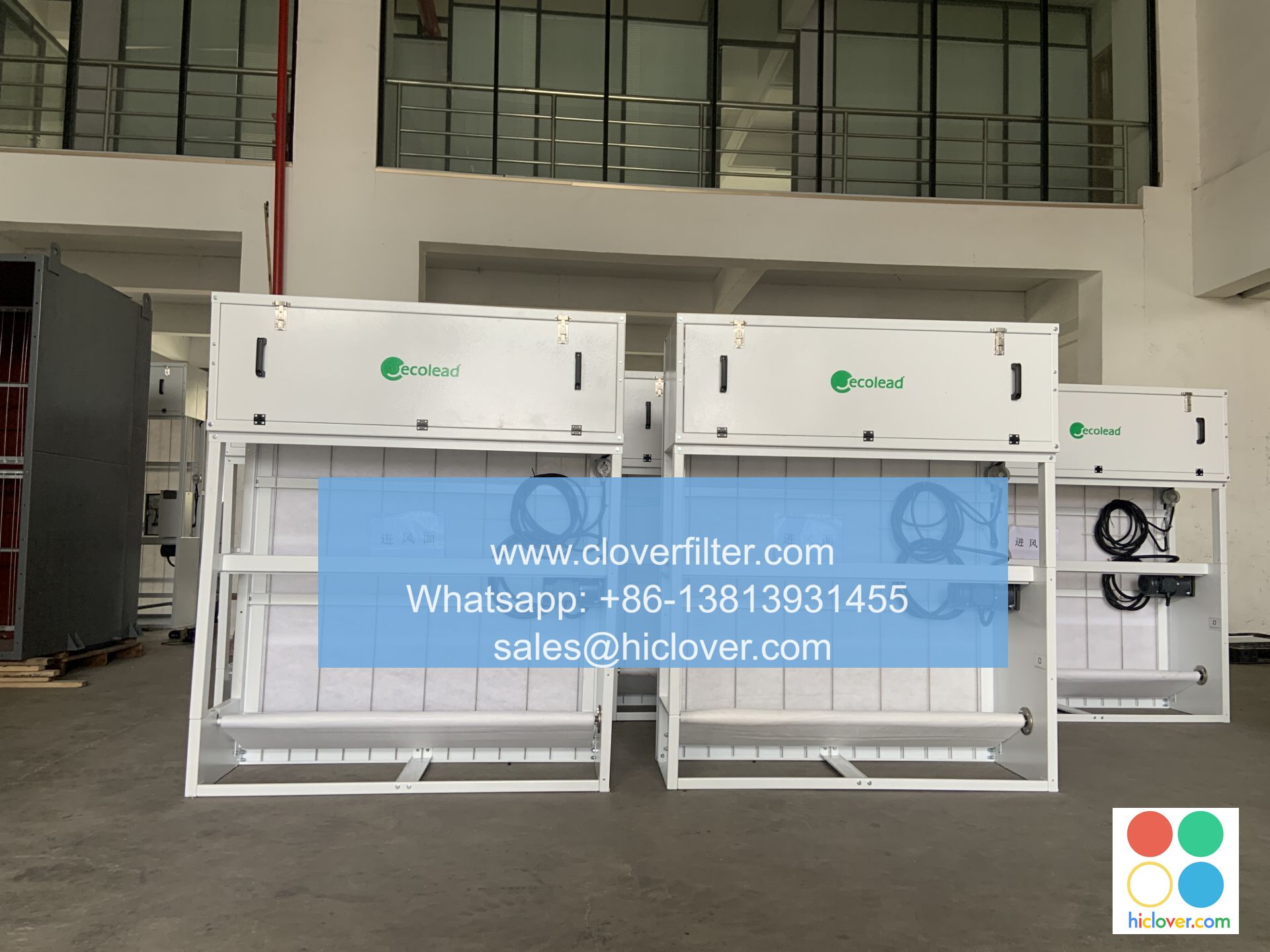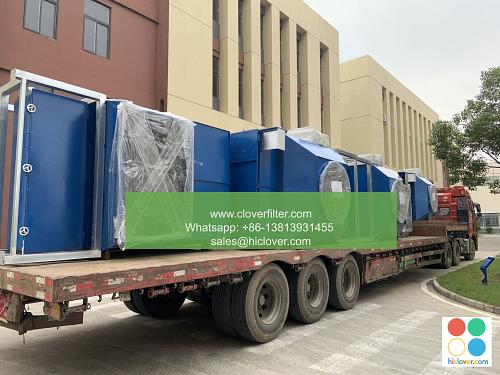The Benefits of HEPA Filters: Separating Fact from Fiction

High Efficiency Particulate Air (HEPA) filters have been widely touted as a miracle solution for indoor air quality issues, but what exactly do they do, and are they worth the hype? In this article, we’ll delve into the world of HEPA filters, exploring their benefits, applications, and limitations, while separating fact from fiction.
What are HEPA Filters?
HEPA filters are designed to capture 99.97% of particles as small as 0.3 microns, including dust, pollen, mold, bacteria, and other airborne pollutants. This is achieved through a complex process of interception, impaction, and diffusion, which ensures that even the smallest particles are trapped, leaving the air clean and fresh. Air purification systems, vacuum cleaners, and air conditioners are just a few examples of devices that often employ HEPA filters to improve indoor air quality.
The Benefits of HEPA Filters
So, what are the benefits of using HEPA filters? For starters, they can significantly improve indoor air quality, reducing the presence of allergens, irritants, and other pollutants that can exacerbate respiratory issues like asthma and chronic obstructive pulmonary disease (COPD). Additionally, HEPA filters can help reduce the spread of infectious diseases like the common cold and influenza, by capturing airborne pathogens.
Application Areas
HEPA filters have a wide range of applications, including:
* Residential air purification: HEPA filters can be used in homes to improve indoor air quality, reducing the presence of allergens and irritants.
* Commercial air purification: Offices, schools, and other commercial spaces can benefit from HEPA filters, which can help reduce the spread of illnesses and improve productivity.
* Medical facilities: HEPA filters are often used in hospitals, clinics, and other medical facilities to reduce the risk of infection and improve patient outcomes.
* Industrial applications: HEPA filters can be used in industrial settings to capture dust, particles, and other pollutants, improving worker safety and reducing equipment damage.
Debunking Common Myths
Despite their many benefits, there are several common myths surrounding HEPA filters. For example, some people believe that HEPA filters can capture all particles, including gases and odors. However, this is not the case. While HEPA filters are highly effective at capturing particles, they are not designed to capture gases or odors, which require specialized activated carbon filters or other technologies.
Conclusion
In conclusion, HEPA filters are a highly effective tool for improving indoor air quality, with a wide range of applications in residential, commercial, medical, and industrial settings. By separating fact from fiction and understanding the benefits and limitations of HEPA filters, we can make informed decisions about how to use these powerful tools to improve our health, productivity, and overall well-being. Whether you’re looking to reduce allergens, prevent the spread of illnesses, or simply breathe easier, HEPA filters are definitely worth considering. It seems like you haven’t provided a specific prompt or question for me to address. Could you please provide more details or clarify what you would like to discuss or know about? I’m here to help with any questions or topics you have in mind.

